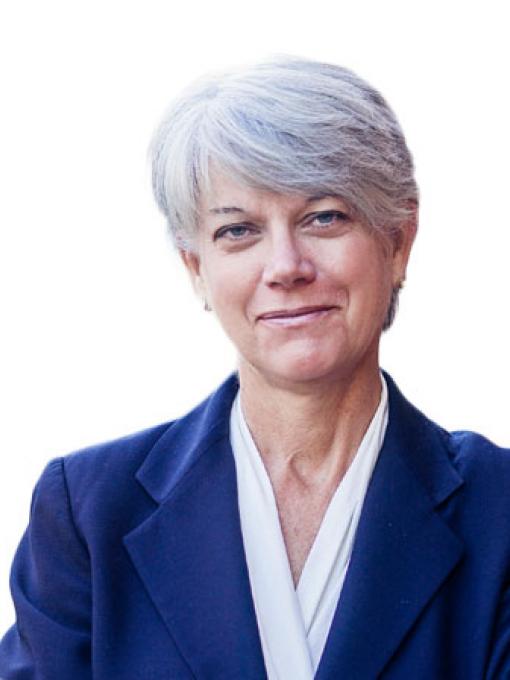We are still becoming a full democracy. Not until August 26, 1920, when Congress adopted the nineteenth amendment prohibiting states from denying the right to vote on the basis of sex, could women cast a ballot.
Fifty-one years later in 1971, the U.S. Congress designated August 26 as National Women’s Equality Day, noting that “the women of the United States have been treated as second-class citizens and have not been entitled the full rights and privileges, public or private, legal or institutional, which are available to male citizens of the United States.”
Now, 50 years beyond that, as we celebrate 100 years of women’s suffrage and recognize National Women’s Equality Day, we also recognize that we are still striving to live into our democratic ideals.
I am reminded of the courage of the women—including my Quaker foremothers—who labored for decades to win the right to vote. The movement for women’s suffrage, launched at the first Women’s Rights Convention at Seneca Falls, NY in 1848, was organized by five women abolitionists, four of them Quakers. Grounded in the practice of their Quaker faith that recognized women’s equality, they carried this testimony into public life. Friend Lucretia Mott relentlessly organized, advocated and worked in collaboration with Elizabeth Cady Stanton and Susan B. Anthony for decades.
Like today’s continuing struggle for civil rights—which seeks to end racist policies like voter suppression, mass incarceration, and police violence—the movements for women’s rights and the other movements like it have stretched and grown our democracy to more fully represent the people of our nation. These struggles continue and justice must be pursued in every way—through voting, through demonstrations, and through advocacy.
The Quaker women of the 1800’s exemplify what is the best in Quaker advocacy. Their persistence was unfaltering.
The Quaker women of the 1800’s exemplify what is the best in Quaker advocacy. Their persistence was unfaltering. They wrote letters and marched in parades. They petitioned decision makers, lobbied state and federal officials, and were laughed out of rooms. Some, like Alice Paul, put their very bodies on the line and risked death through protest, acts of civil disobedience, hunger strikes, and more.
The movement for women’s suffrage also serves as an important reminder of the ways we have failed to be inclusive in our push for justice. While many of the original suffragettes, including Lucretia Mott, came out of the antislavery movement, the fight for women’s votes too often failed to address the racism and oppression faced by Black women. And despite powerful political organizing in support of suffrage carried out by Black women across the country, the work of the National Association of Colored Women and others is often left out in the retelling of this historical movement. Even after the ratification of the nineteenth amendment, women registering to vote in the fall of 1920 faced many challenges. Racism was the most significant one. That remains true today.
Grounded in our Quaker faith, FCNL’s policy focus continues to uphold the fundamental testimony of equality:
We believe in the paramount need to protect and promote human rights, civil liberties, and civil rights. Friends seek a society free from discrimination, whether due to race, creed, gender, ethnic or national heritage, age, sexual orientation, disability, medical condition, genetic background, or gender identification or expression.
In order to move closer to that goal, it is essential that every person who can vote does vote this fall. I urge you to confirm that your voter registration is up to date and to make a plan for when and how you will vote. If you can vote early in person, do it. If you can vote by mail, do that, and mail your ballot as soon as you can. Talk to your family and friends about their plan to vote. Let us assure that the long struggles for our constitutional right to vote—a right that was only provided to white male landowners when this country was conceived—is fully exercised.
Let us honor the work of the persistent advocates who came before us by working together to build a full democracy.


